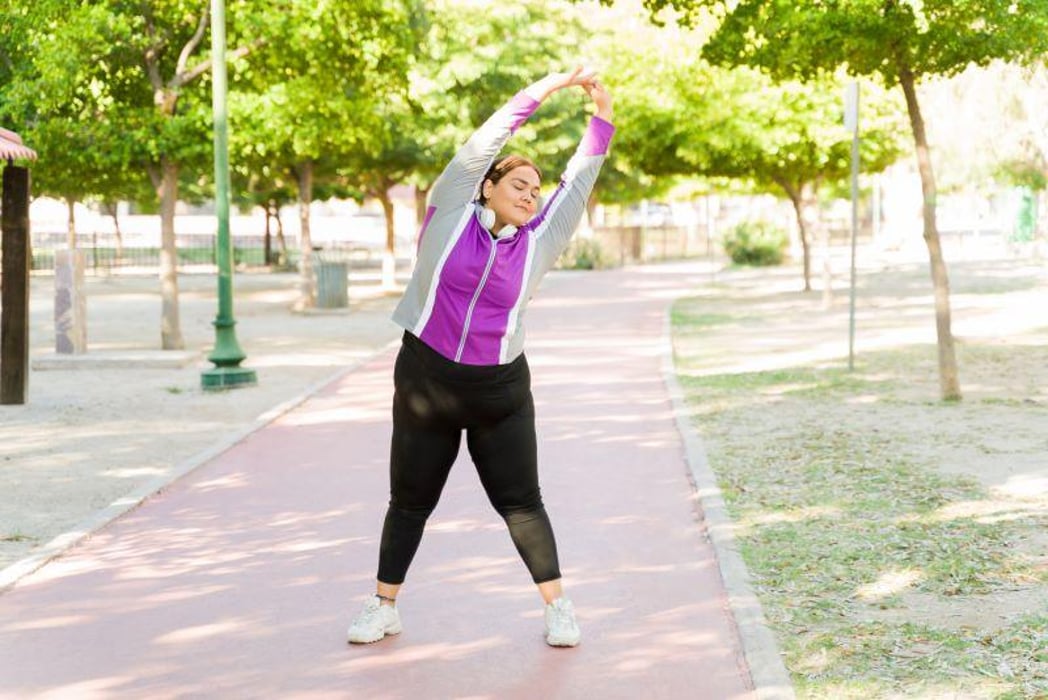Morning, Afternoon Exercise May Cut Diabetes Risk

TUESDAY, Sept. 26, 2023 (HealthDay News) -- Morning and afternoon physical activity are associated with a lower risk for developing type 2 diabetes, according to a study published online Sept. 20 in Diabetologia.
Caiwei Tian, from Harvard University in Cambridge, Massachusetts, and colleagues examined the relationship between morning, afternoon, or evening physical activity and consistency (e.g., routine) and the risk for type 2 diabetes. The analysis included data from 93,095 U.K. Biobank participants (mean age, 62 years) free from type 2 diabetes who wore a wrist-worn accelerometer for one week.
The researchers observed a protective association between morning and afternoon exercise with type 2 diabetes, with no differences between metabolic equivalent of task (MET)-measured morning and afternoon physical activity. When adjusting for lifestyle factors (e.g., sleep time and diet), the effect of a substitution between afternoon and evening physical activity was attenuated. There was no association seen for consistency of MET-measured physical activity and type 2 diabetes. At all times of day, moderate-to-vigorous and vigorous physical activity were associated with a lower risk for type 2 diabetes.
"The time of the day when being active may matter for mitigating the risk of type 2 diabetes, but overall physical activity, regardless of time of day and consistency, is the most important," the authors write.
Related Posts
Health Highlights, Nov. 18, 2021
Moderna asks for approval of booster shots for all U.S. adults. The company's...
Should Parents Who Break School Drop-Off Rules Be Banned from the Parking Lot?
Was this page helpful?
Prior Authorization Impacts Care, Workforce Productivity
THURSDAY, Feb. 17, 2022 (HealthDay News) -- More than one-third of physicians...
AHA News: These Three Risk Factors May Have the Biggest Impact on Dementia Cases
FRIDAY, March 4, 2022 (American Heart Association News) -- Nearly half of all...
